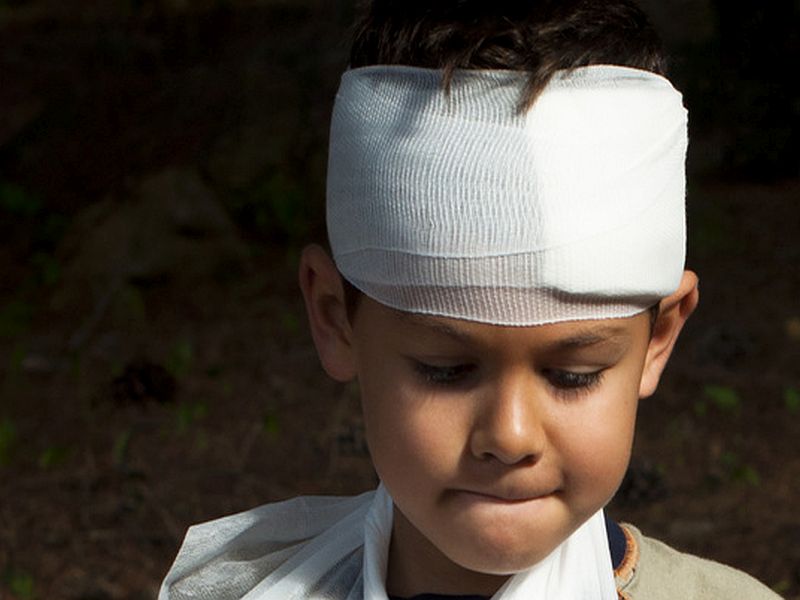
Tuesday, May 31, 2016

TUESDAY, May 31, 2016 (HealthDay News) -- Children with traumatic brain injuries may be less likely to receive rehabilitation care if they come from poor families with a limited grasp of English, a new study suggests.
After a traumatic brain injury, children require services such as physical therapy and mental health treatment for months or years. But University of Washington researchers found that it's very hard for some patients to get this care.
The researchers surveyed almost 300 health care providers around Washington state. These included providers of physical and occupational therapy; speech, language and cognitive therapy; and mental health services. The researchers found that less than 20 percent accepted Medicaid and also provided language interpretation to children with traumatic brain injuries.
Only 8 percent provided mental health services to those children. Spanish-speaking families had to travel much further than English speakers to get services for their children, the study found.
The study also found that only 46 percent of providers accepted children with Medicaid. They also showed that children covered by Medicaid had access to fewer rehabilitation services than those covered by private insurance.
The results show that already disadvantaged children who suffer traumatic brain injuries are further harmed by limited access to rehabilitation services that can significantly improve long-term outcomes, said lead author Megan Moore. She's an assistant professor in direct practice, School of Social Work at the University of Washington. She's also a faculty member at the UW Harborview Injury Prevention and Research Center in Seattle.
"Rehabilitation after a brain injury is incredibly important, especially for kids with moderate to severe brain injuries. Ultimately, that limited availability is going to impact children's outcomes," Moore said in a university news release.
Most brain injury rehabilitation occurs outside of hospitals, so hospital staff should try to connect parents with rehabilitation services before the child leaves the hospital, she said.
"We need to be thinking more critically about how we transition kids back to the community, particularly children we know have limited access to services. We really have to do a thorough job of linking them to these services on the outpatient side," she added.
The study was published recently in the American Journal of Physical Medicine & Rehabilitation.
SOURCE: University of Washington, news release, May 23, 2016
HealthDay
Copyright (c) 2016 HealthDay. All rights reserved.
News stories are provided by HealthDay and do not reflect the views of MedlinePlus, the National Library of Medicine, the National Institutes of Health, the U.S. Department of Health and Human Services, or federal policy.
- More Health News on:
- Health Disparities
- Traumatic Brain Injury









































No hay comentarios:
Publicar un comentario